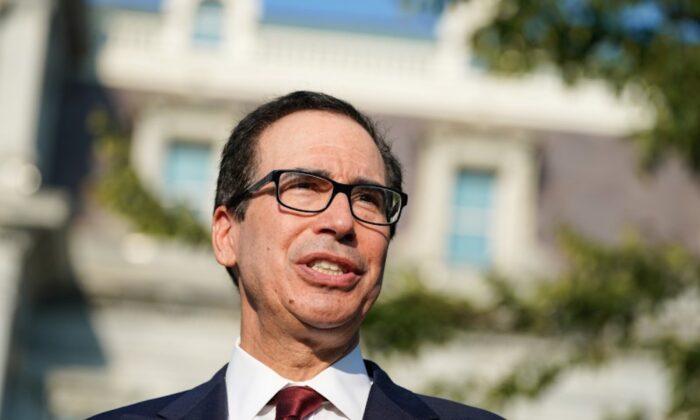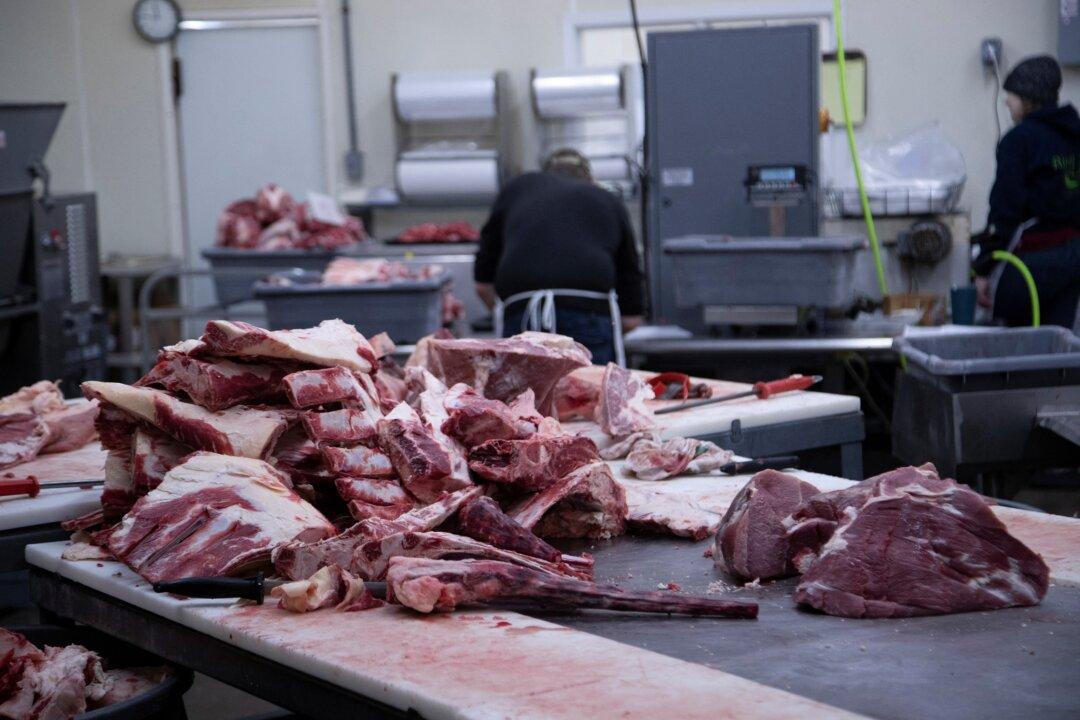WASHINGTON—China’s commitments in the “phase one” trade deal with the United States weren’t changed during a lengthy translation process and will be released this week when the document is signed in Washington, U.S. Treasury Secretary Steven Mnuchin said Jan. 12.
Mnuchin told Fox News Channel that the deal reached on Dec. 13, 2019, still calls for China to buy $40 billion to $50 billion worth of U.S. agricultural products annually and a total of $200 billion of U.S. goods over two years.
“It wasn’t changed in translation. I don’t know where that rumor started,” Mnuchin said on the “Sunday Morning Futures with Maria Bartiromo” show.
“We have been going through a translation process that I think we said was really a technical issue,” Mnuchin said. “And the language will be released this week. So I think it is—the day of the signing, we will be releasing the English version.”
“And people can see. This is a very, very extensive agreement,” he added.
White House officials had said as recently as Jan. 10 that the final Chinese text wasn’t yet completed, even as invitations went out to more than 200 people for a planned Jan. 15 signing event at the White House.
Asked if he still expected China to purchase $40 billion to $50 billion in U.S. farm products under the deal, Mnuchin said: “I do. Let me just say, it is $200 billion of additional products across the board over the next two years, and, specifically in agriculture, $40 billion to $50 billion.”
The expected Jan. 15 signing of the trade deal eases Trump’s 18-month trade war aimed at altering China’s trade and economic practices, but will leave in place tariffs on about $370 billion worth of Chinese imports per year.
Those are expected to be addressed in “phase two” negotiations, which the Trump administration wants to start this year, covering thornier issues untouched by the “phase one” deal, including Beijing’s heavy subsidies to Chinese state-owned enterprises and restrictions on digital trade and cybersecurity issues.





